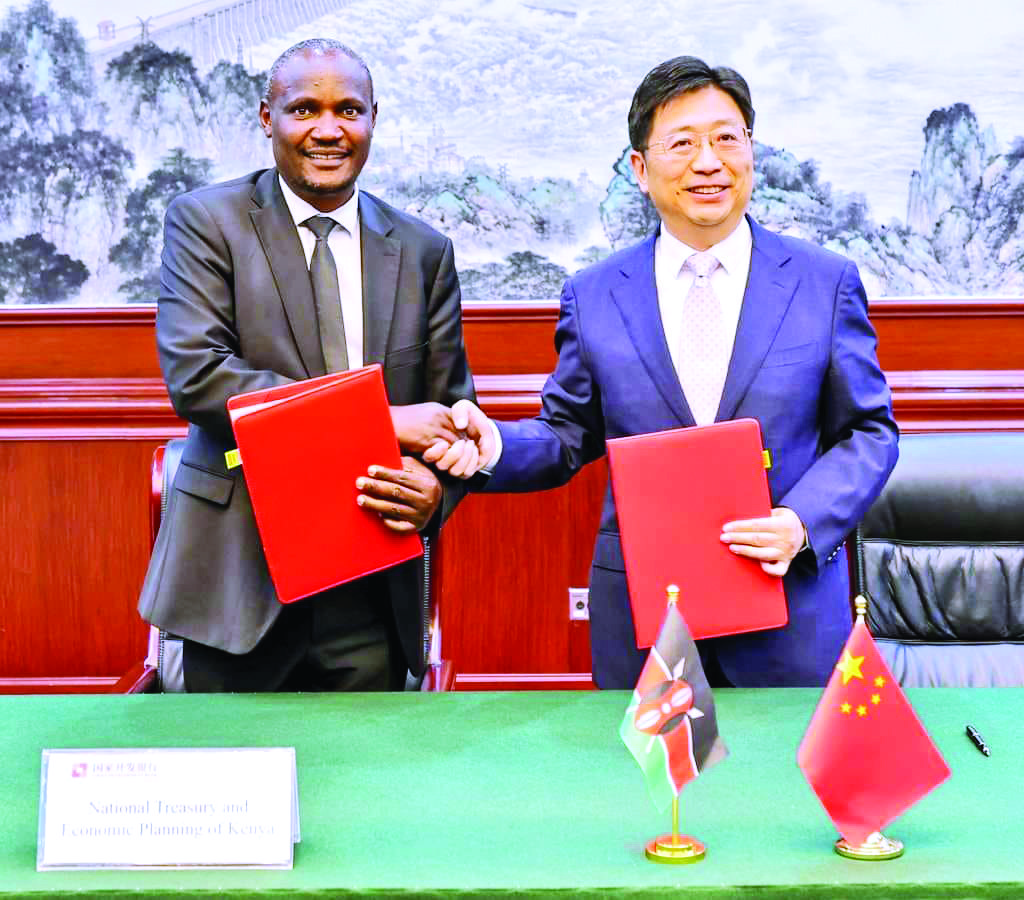Why Africa cannot afford to decouple from China

In recent years, the notion of “decoupling” from China has become a prominent theme in Western policy circles, particularly in the United States. Driven by concerns over national security, technological competition, and ideological rivalry, the West has initiated a concerted effort to reduce its economic and strategic dependencies on China. While this may be a calculated strategy for advanced economies seeking to preserve dominance in critical sectors, it is an impractical and potentially damaging proposition for African nations. Simply put, Africa cannot afford to follow the West down the path of decoupling from China.
China has become Africa’s largest economic partner. Trade between the two exceeds $250 billion annually, and Chinese investments span nearly every African nation, financing transformative projects in infrastructure, energy, healthcare, and technology. The Chinese footprint is visible across the continent — from railways in East Africa to industrial zones in the South. These initiatives, despite their imperfections, have helped bridge infrastructure gaps that Western actors either neglected or were too slow to address. Severing ties with China would mean jeopardising these vital development projects, undermining years of progress and derailing future growth prospects.
More critically, the call to decouple comes without viable Western alternatives. While initiatives like the G7’s infrastructure investment plan signal renewed interest, they lack the speed, scale, and accessibility of Chinese financing. Western aid is often laden with conditionalities, bureaucratic red tape, and political oversight. In contrast, Chinese loans and partnerships, while not without controversy, often arrive faster and with fewer political strings attached. Instead of isolating themselves from China, African nations should focus on reforming how they negotiate and manage these partnerships to ensure long-term sustainability and mutual benefit.
Africa’s interests lie in pragmatism, not polarisation. The continent faces immense challenges – poverty, underemployment, limited industrial capacity, and infrastructure deficits. Addressing these issues requires open engagement with all global partners, not rigid alignment with any single bloc. As US-China rivalry intensifies, threatening to divide the world into antagonistic spheres, Africa must resist being pulled into a new Cold War. Non-alignment is not neutrality – it is a deliberate strategy of asserting autonomy, prioritising national interests, and selecting partners based on practical outcomes rather than ideological alignment.
Much of the Western discourse around decoupling assumes that African countries are passive actors in global affairs. This is both patronising and inaccurate. African nations have increasingly asserted their agency on the world stage. Whether it’s South Africa’s balanced diplomacy in global conflicts or the continent’s active participation in both BRICS and Western-led initiatives, Africa has shown that it will not be forced into binary choices. African leaders have made it clear: their priorities are economic development, technological progress, and regional stability – not becoming pawns in someone else’s geopolitical rivalry.
The writer is a Journalist and Communication Consultant















